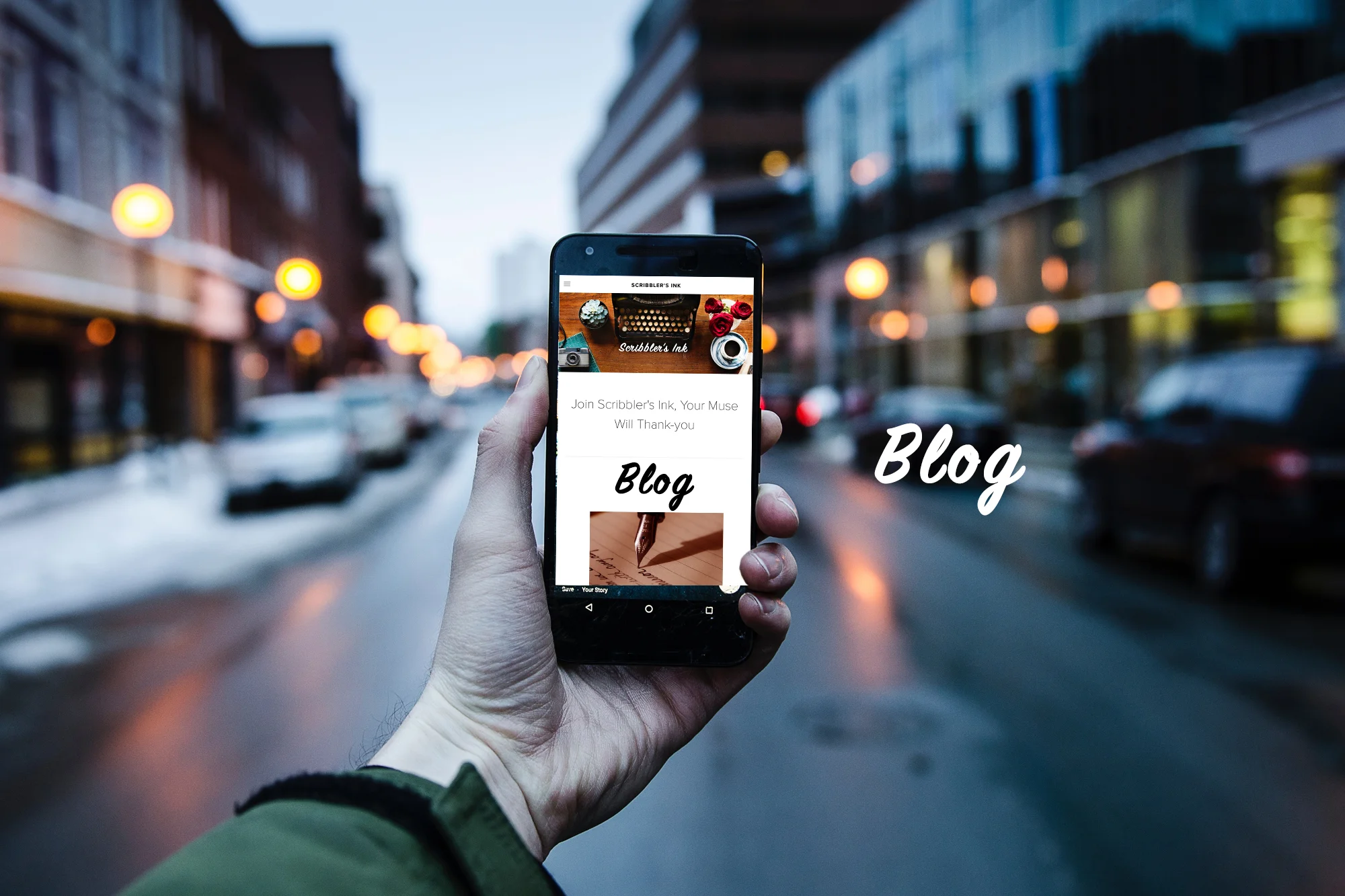Write Life Wednesday With Bobbi Lerman & Jennifer Safrey
/Books vs. Movies: A Contribution to the Age-Old Debate
The Horse Whisperer, Pride and Prejudice, Harry Potter, Murder on the Orient Express, Jaws, and, of course, Outlander and A Game of Thrones (okay, those last two are television series, but they were based on the books, so we are counting them)—these are just a few books that have been converted to the screen in the never-ending need to feed Hollywood quest for the next blockbuster hit.
If you are a voracious reader, like I and my critique partner and fellow Scribbler Jen are, then you are probably excited to hear when one of your favorite stories is being adapted into a feature film. And, one of our favorite activities is to discuss—well, more like debate—which actor or actress would be best to portray the protagonist/s or villain. The idea of the characters and worlds discovered and loved from a novel coming to life on the big screen or small screen is irresistible. The hope that they will create a film that is both faithful to and as good as the book is one neither of us has never been able to give up.
It’s true we have been, more often than not, disappointed, telling ourselves as the credits roll that next time, we will only see a film adaptation if we have not read the book. An excellent case of a disastrous book-to-movie example: The Horse Whisperer. This keeper of a book has a much-honored permanent place on our bookshelves. I vividly remember sitting in the theater, horrified how the filmmakers mangled this wonderful magical story and turned it into a piece of romantic tripe. However, three of my girlfriends who came with me had not yet read the book, and they loved every moment.
Over the years the realization of how unrealistic expectations often are and how comparing books to their film adaptations isn’t fair have become evident. The two mediums have a markedly different approach to storytelling and both offer different advantages that make them worthwhile. A quote from author Stephen King comes to mind that is perfect here. “Books and movies are like apples and oranges. They both are fruit, but taste completely different.”
Is one better than the other? Not necessarily. Both mediums often achieve their goals. At their best, they both entertain. Sometimes they make you see a topic in a different way. Both are forms of escapism, taking you to a different place and, often, a different time.
What does a book offer? If well-written and well-developed, the reader becomes part of the story as an interested observer with insights not just into the character’s actions, but their thoughts, their often-changing points of view, their motivations, and all their inner emotions—at least the ones the writer deigns to share with her readers. With a book, there is more detail and time to subtly weave in backstory. There is more time to develop characters into full-fledged three-dimensional ones. Of course, it’s also a more time-consuming commitment than the couple of hours it takes to watch a movie. Reading stimulates imagination.
What does watching a movie offer? Well, take “Harry Potter” as an example. You as the viewer are not imagining what Hogwarts looks like; you see it. When you read what J.K. Rowling wrote about what playing quidditch, the dangerous sport played by the witches and wizards on their broomsticks, you have to imagine what it looked and felt like. But with a movie, you can see it. You can feel the wind rushing through your hair as if you were with Harry, riding shotgun.
Added advantages of movies are the visuals and the music that accompanies each film. A soundtrack can take you someplace, bring up vivid images. Think of iconic soundtracks: Jaws, Schindler’s List, Titanic. Music in a movie heightens emotion and will, in the moment the music swells into its big final crescendo, take you along to feel what the character feels. Even though in a movie you may not have a play-by-play of the character’s thoughts and inner dialogue, movies convey the emotion of the scene by the cinematography, and sound. What was previously confined to the scope of your imagination is now visual. Movie’s show.
Books and movies immerse you into the story in different ways. Watching a film brings the world and action to life for you to see. Through books, you experience through your imagination, which has no bounds or limitations. Films bring the most fantastical worlds to life before the viewers’ eyes. Film brings characters into flesh and blood. But a good book brings inclusion to a reader that watching a film does not possess. A film lets you observe everything; books let you feel everything. Films are visual escapism at its zenith. There is nothing to compare to sitting in a dark theater with no distraction, your brain focused on the story playing out. A book can place you inside the head of the hero or heroine, knowing all of their thoughts, doubts, and fears so that you see through their eyes with no limits; nothing is impossible or out of reach.
So, which is better, you ask?
In the end, it depends on the person being asked. For me, books are always better, even when the film is done with over-the-top cinematic and directorial expertise like “Harry Potter” or “Lord of the Rings.” There is a time constraint in a movie that can’t be avoided, even a long one that goes three and a half hours. If a story is well written and captures my attention so that as a reader, I can’t stop turning the pages—and I let dinner burn or stay up to three in the morning because I just have to know what happens—then it doesn’t matter how long it goes. Books are a kind of magic that stays with you and will find a place in your soul.


